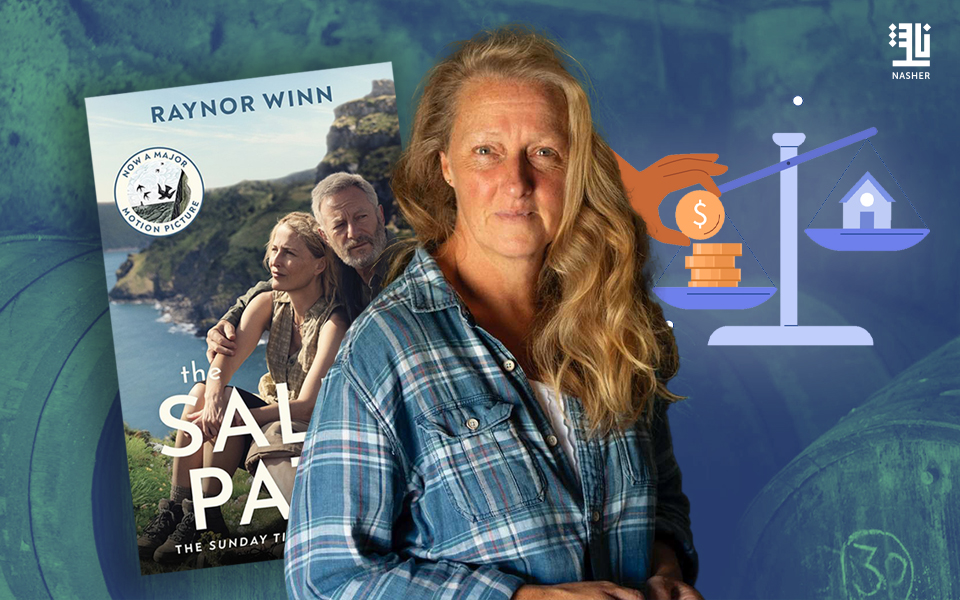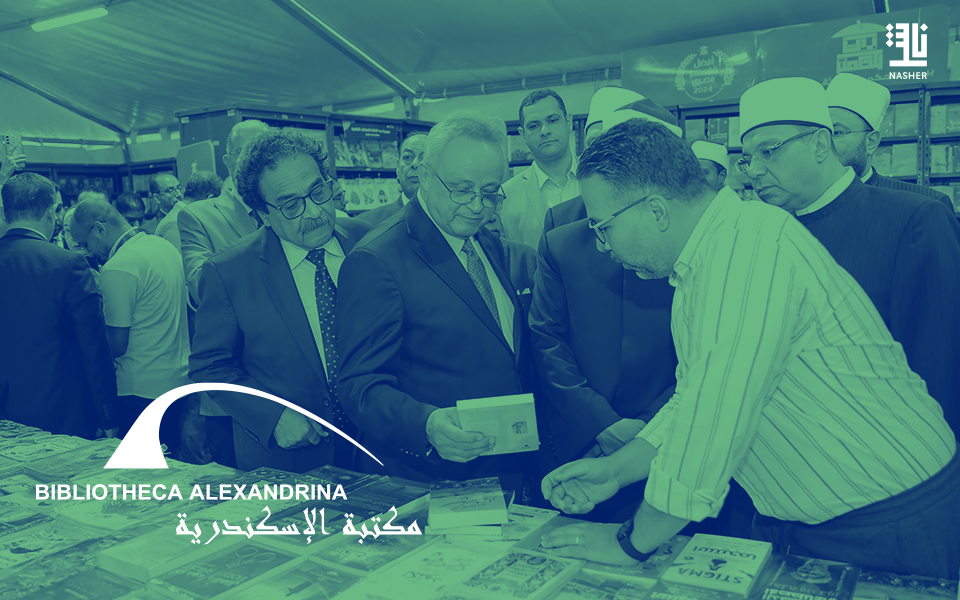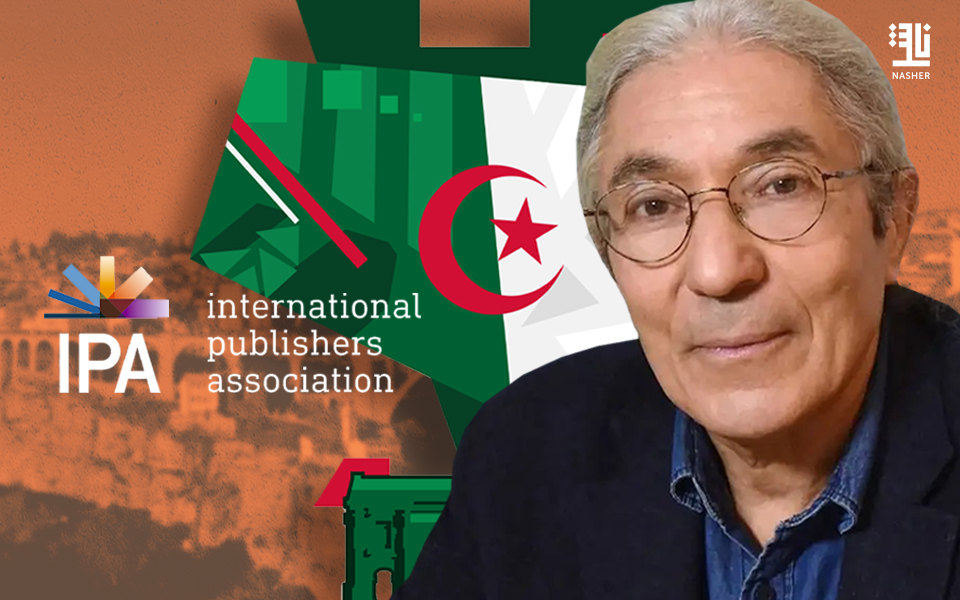The future of the Arabic book: Is electronic publishing making books more available to people and the industry more profitable for its stakeholders?
The e-book has changed the reality of reading in the Arab world, just as it has in many other parts of the globe. With reading materials being increasingly digitised, a book’s price, size, and place of publication are not necessarily an obstacle for the contemporary Arab reader.
Today, a few clicks give readers access to thousands of books, although issues remain over the protection of intellectual property rights. These changing sources of knowledge necessitate a relook at the statistics about reading in the Arab world, especially those that only concern themselves with printed books.
A series of variables that affect the Arab world’s reading patterns today need to be carefully examined. These include changes in publishing that have produced a new relationship between readers and writers. There are also many new and innovative marketing mechanisms to attract readers, as well as new sources of creative content and knowledge.
Electronic publishing has led to a change in the way knowledge is disseminated and consumed. In some ways the e-publisher’s role seems different from that of the traditional publisher who relied on distribution centres, bookstores, book fairs and other physical spaces. Yet in fact they are not so different. A publisher publishing digitally still has to source content, pay its creators, edit the work, market it and have it made available in online bookstores. That content still has to be discovered by a consumer, just as it does in physical form. That problem has not changed, and indeed, discoverability in the west is one of the main issues concerning publishers, which is why they are so keen on the survival of bricks and mortar bookstores.
Electronic publishing: Shaping new realities for the Arabic book market
The growth of digital publishing means new statistics for the Arab world are required. How has digital publishing affected Arab literacy? Do we consider generation gaps and poverty rates in the Arab world? How can the relationship between a publisher and reader be viewed – which one of them directs the other, and who is at the receiving end? What is the effect of such a relationship on the most widespread literary works in Arabic culture?
According to the Arab Knowledge Economy Report 2015–2016, developed by Orient Planet Research, the Arab world is witnessing a new era of ‘growth in the number of internet users’. According to this report, the number of internet users in the region is expected to rise to about 226 million by 2018. This will involve all social and economic levels in an effort to shift to an integrated, knowledge-based economy.
Commenting on the future it adds: “The Internet penetration rate will jump from about 37.5 per cent in 2014 to over 55 per cent in 2018, a 7 per cent above the estimated world average of 3.6 billion users”. The increased Internet penetration rates will be accompanied by an increase in the number of readers who seek to acquire knowledge from e-books. Statistics provided by cultural sites on readers browsing online cultural materials have been increasingly promising. Some sites have recorded 7,000 visits to an article published within a few hours of its posting, with an average of 3 minutes per visit to view the same page.
This is simply because the volume and variety of materials that can be browsed at e-book specialised sites surpasses any conventional efforts that have been made to provide the printed book in the last decade. A number of reports on e-book sites have revealed more than 50 sites, each offering more than 70, 000 books on an average.
Arabic e-Libraries and intellectual property rights
Arabic e-libraries have proliferated in this new world. The online Islamic library Maktabah Shamilah contains thousands of books and offers hundreds of printed titles in electronic format on history and heritage books. In an electronic format, books are easier to browse, view and search. Other e-book sites include kitabi.com, Maktabat Al Jalis, Arabic e-library, e-library for Scientific Cultural Forum, Arabic Book Library, AlWaraq, Maktabati, and many others.
The Hindawi Foundation for Education and Culture is a cultural non-profit organisation dedicated to promoting a love for reading within Arabic speaking communities.It combines 20th century literary gems with free and modern literature in an easy formula that enables Arab readers to access a library without expending any effort or money.
The Hindawi foundation has given publishing a fresh, attractive image in the region, forging a new relationship between the publisher and reader. It has also led to a detailed discussion about traditional versus modern publishing. There is a constant tug of war between print and electronic books, and the sensitive issue of copyright protection and piracy has resulted in many complaints and lawsuits being filed against e-publishers. The more electronic publishing facilitates the promotion of knowledge, the more it opens the doors to copyright problems and the infringement of intellectual property rights.
Despite these challenges, the overall circulation of traditional Arabic knowledge is promising, heralding an obvious growth in reading rates, significantly removing many obstacles that have faced Arab readers over the past decades.
While e-book sites continue to make books available, Arab book publishers continue to produce new books and achieve high sales. The total sale of books at the Sharjah International Book Fair hit AED135 million in 2015. This is in addition to high sales at all GCC book fairs; for instance the Riyadh International Book Fair achieved sales of nearly $20 million last year.
Rise of the Arabic novel
The key questions about the Arab book remain: What would the Arab reader prefer? What makes a bestseller in the Arab world? And is it the reader or the publisher that controls reading and dissemination?
The Egyptian critic Dr Jaber Asfour famously said: “This is the time of the novel”. All media reports and statistics released by Arab publishing houses indicate that the novel tops the list of bestselling books. Novels are preferred by readers, and also by writers, with many poets, journalists and media professionals turning towards fiction writing.
Many factors drive the dominance of fiction writing in the region. The first is the
Arab celebration of novelists. The Arab world boasts a number of prestigious literary prizes, including the International Prize for Arabic Fiction (IPAF) and Katara Prize for Arabic Novel.
Furthermore, media and marketing efforts support publishing houses which publish novels, and no one can ignore the role played by cinema in turning many novels into movies. The Egyptian film industry is prominent in this regard. A number of novels have been adapted into movies, the latest of which are The Blue Elephant by Egyptian novelist Ahmed Mourad, and Hepta by novelist Mohamed Sadek.







